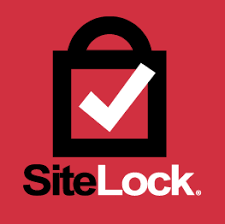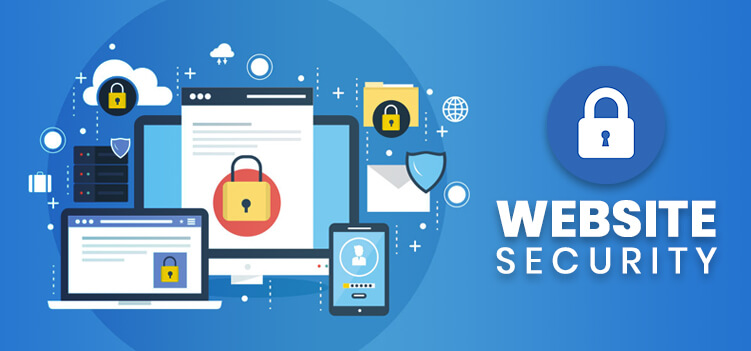At the most basic level, website security is any measure taken to protect your website from harm. But whose job is to ensure website security?
Well, as the site owner-it is yours. Keeping your website secure is very important, such as maintaining secure passwords, patching vulnerabilities in different applications, and keeping plugins and tools up to date. But the responsibilities of the website owner are not limited to this. If the website is indeed infected with malware or hacked, fixing the vulnerability is also their job.
Fortunately, you do not have to do these things yourself (well, you should probably enter your password). There are some tools, such as SiteLock Security, designed to prevent and mitigate attacks and harm to your website.
What happens if your website gets hacked?
Your website is very important to your business, so if the website is hacked or infected with malware, you may face a series of potential consequences, including website suspension, data theft and extortion, revenue, and consumer trust decline.
If your web host detects malware on your website, it is responsible for suspending or shutting down your website. This is because they do not want the malware on your website to spread and infect other websites. This is like the idea of using quarantine to prevent virus infection.
A website infected with malware is something you cannot protect. Google’s Chrome browser is the most used Internet browser in 2020, and it does not shyly warn its users to stay away from websites that may be infected with malware. If they detect that your website has been infected, they will blacklist it and alert users because malware may be spread to people who visit and interact with your website. Your potential customers do not want to take risks. They will look for competitor (safe and non-infected) websites instead of doing business with you.
Moreover, if your website is infected with malware, you may have to restore it to an older version (assuming you have backed it up) or rebuild it completely, both options mean you will waste a lot of time and effort.
What is SiteLock?

SiteLock is a cloud-based website security solution for small businesses. It can be used as an early detection alert for common online threats (such as malware injection, robot attacks, etc.). Not only can it protect the website from potential online threats, but it can also fix vulnerabilities. Features include:
– Website scan to check for malicious code or vulnerabilities
– Automatically delete any identified malicious code/malware
– Basic firewall
– Website reputation monitoring (check whether the website is blacklisted in search engines and spam blacklists)
– CDN can increase website speed, thereby improving search engine rankings
Note that: SiteLock is only used to check the security of the website, not to personal computers.
Why you need an additional SiteLock and why a SSL certificate is not suffice?
The SSL certificate is only used to encrypt the connection between the browser and the server to safely transmit sensitive information and prevent any monitor from using it when transmitting data. However, SiteLock can protect the database storing this information, scan your website files and applications, and prevent data leakage and virus/malware spread. SSL certificates do not provide these functions.
How to configure SiteLock for your website?
SiteLock is a cloud-based service and does not require any installation on the host or website. Once configured for your website, it will automatically start scanning your website using basic scanning. To use advanced features, some configuration is required:
- TrustSeal – requires minimal installation
- SMART Scan – requires users to enter
- FTP details in the SiteLock panel
- Firewall – A record needs to be added
- CDN – Need to add CNAME record
How to keep your website secure with SiteLock Security?
The security of your website should be your top priority. There are a few things you can do today to help prevent and mitigate attacks on your website.
We know that small business owners, entrepreneurs and biased people wear many different hats. Keep up with the pace of daily business operations fast enough to avoid focusing on online threats that are difficult to detect and predict.
Benefits of SiteLock Security
SiteLock securely protects your website from malware, viruses, hackers, and spam. To this end, it will scan your website for the presence of these malicious software, automatically delete all malicious software it finds, and alert you when something incorrect occurs.
In addition to the behind-the-scenes services they provide, SiteLock Security also comes with a seal that can be displayed on your website. The SiteLock seal inspires your confidence in the website; in fact, when SiteLock and Domain.com conducted user research in 2014, we found that the SiteLock seal can increase conversions by up to 15%.


